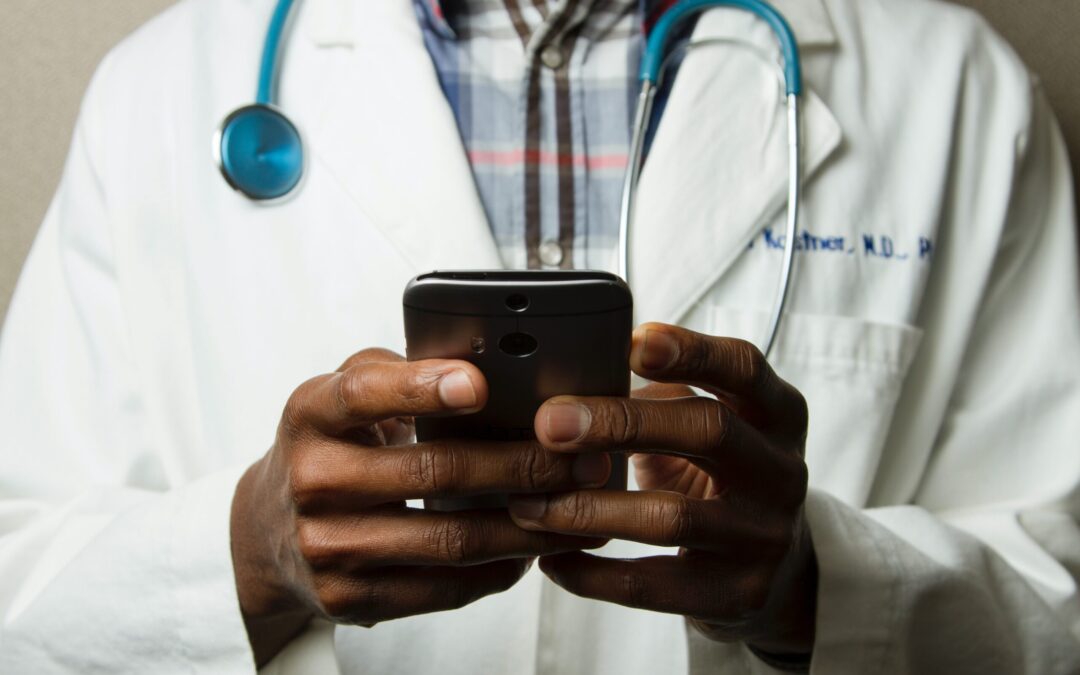As we make advancements in technology and healthcare we’ve also seen a steady increase in the average life expectancy. We now live longer than ever before, meaning we have six generations currently using the healthcare system if you include Generation Alpha, who are currently just kids. With so much advancement in a short space of time, the childhood of the Silent Generation (born 1928 – 1945) is worlds apart from the childhood experience of Generation Alpha (2010 onwards). As will be their experience of healthcare. As healthcare evolves and becomes increasingly personalized, understanding what different generations want from healthcare is crucial for healthcare providers and policymakers to ensure everyone receives great care.
The following is a breakdown of what each generation is broadly looking for when it comes to healthcare.
Silent Generation (1928–1945) – Reliable, stable and traditional care
Unsurprisingly, the eldest generation are currently the highest users of healthcare. Generally, they are looking for reliability. They want a doctor who knows their history and will continue to provide stable care. They are concerned with changes to their care and prefer to know what or who to expect when they visit the doctor’s office. They expect great service, professionalism with traditional care and communication methods.
Baby Boomers (1946-1964) – Coordinated care based on prevention
Baby Boomers make up a significant portion of the population, and as they age, they are becoming more concerned with managing chronic illnesses and maintaining their quality of life. Baby Boomers want healthcare that is focused on prevention, early detection, and coordinated care. They want access to a variety of treatment options and technology to manage their health. Baby Boomers currently account for 26% of doctor visits and main concerns appear to be trust. They want medical staff that they can rely on and expect high quality care.
Generation X (1965-1980) – Affordable, convenient care with great service
Generation X is a smaller generation than the Baby Boomers and Millennials, but they are entering midlife and are starting to become more concerned with healthcare. They want healthcare that is affordable, but most importantly, convenient and easy to access. They are interested in technology and want healthcare providers to use technology to improve the patient experience. They also want healthcare providers to be transparent about costs and treatment options. They expect great service and seek the best possible option which balances quality and affordability.
Millennials (1981-1996) – Personalized, digital and holistic care
Millennials are the largest generation in the workforce and are becoming more concerned with healthcare as they enter their 30s and 40s. Although, currently they are one of the least seen generations in the doctor’s office, with over half visiting a doctor less than once a year. Millennials want healthcare that is affordable, convenient, and personalized with online booking and tracking systems in place, rather than having to call on the phone for updates.They are also interested in holistic and alternative medicine and want healthcare providers who are knowledgeable and open about these approaches.
Generation Z (1997-2012) – Accessible, digital care that takes mental health seriously
Generation Z is just entering adulthood, and they are the first generation to grow up with technology as a central part of their lives. They want healthcare that is accessible, affordable, and digital. They are interested in telemedicine, online health resources, and digital health tools like wearables and apps. Alongside being digital natives, Gen Z have also grown up with a more open conversation surrounding mental health. They want healthcare providers who are knowledgeable about mental health issues and able to provide support.

